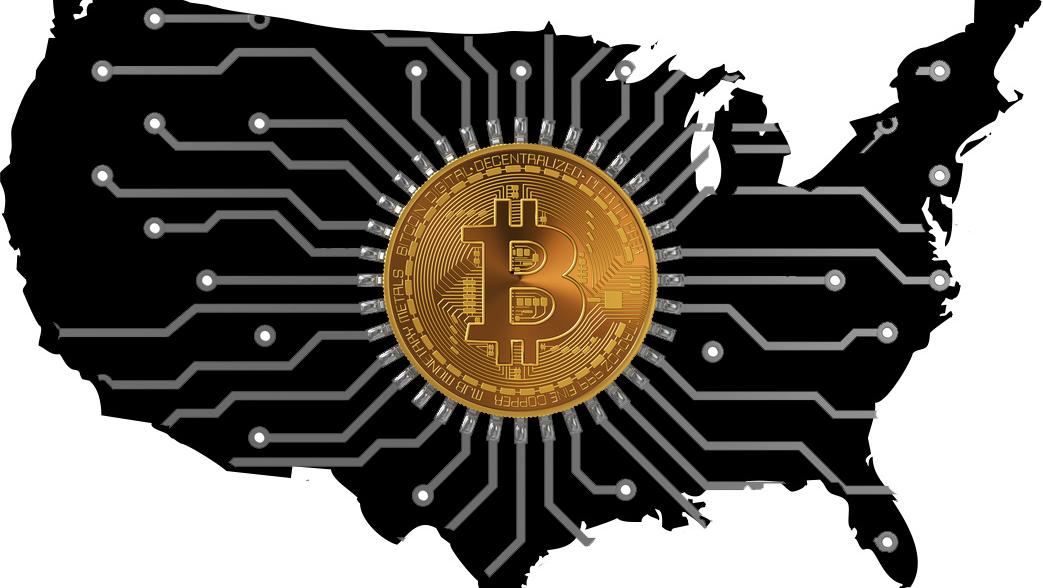PALO ALTO, Calif. (Reuters) - The Federal Reserve what is the fed coin is taking a look at a broad variety of problems around digital payments and currencies, consisting fedcoin vs fedcoin announced bitcoin of policy, design and legal factors to consider around potentially releasing its own digital currency, Guv Lael Brainard stated on Wednesday. Brainard's remarks suggest more openness to the possibility of a Fed-issued digital coin than in the past." By transforming payments, digitalization has the potential to deliver greater value and convenience at lower expense," Brainard stated at a conference on payments at the Stanford Graduate School of Business.
Reserve banks internationally are disputing how to handle digital financing technology and the the fed coin dispersed ledger systems used by bitcoin, which guarantees near-instantaneous payment at potentially low expense. The Fed is establishing its own round-the-clock real-time payments and settlement service and is currently reviewing 200 comment letters submitted late in 2015 about the proposed service's design and scope, Brainard stated.
Less than 2 years ago Brainard informed a conference in San Francisco that there is "no engaging demonstrated need" for such a coin. However that was before the scope of Facebook's digital currency aspirations were extensively known. Fed officials, consisting of Brainard, have raised concerns about customer securities and data and privacy dangers that could be presented by a currency that could enter into usage by the 3rd of the world's population that have Facebook accounts.
" We are teaming up with other reserve banks as we advance our understanding of reserve bank digital fed coin digital currencies," she said. With more countries checking out providing their own digital currencies, Brainard said, that contributes to "a set of factors to likewise be making certain that we are that frontier of both research study and policy advancement." In the United States, Brainard stated, issues that need research study include whether a digital currency would make the payments system safer or easier, and whether it could posture financial stability dangers, consisting of the possibility of bank runs if cash can be turned "with a single swipe" into the reserve bank's digital currency.
To counter the financial damage from America's extraordinary nationwide lockdown, the Federal Reserve has actually taken unmatched actions, including flooding the economy with dollars and investing directly in the economy. Most of these relocations received grudging acceptance even from numerous Fed doubters, as they saw this stimulus as required and something just the Fed might do.
My new CEI report, "Government-Run Payment Systems Are Unsafe at Any Speed: The Case Versus Fedcoin and FedNow," details the threats of the Fed's present strategies for its FedNow real-time payment system, and propositions for main bank-issued cryptocurrency that have been called Fedcoin or the "digital dollar." In my report, I go over issues about personal privacy, data security, currency control, and crowding out private-sector competition and innovation.

Supporters of FedNow and Fedcoin say the federal government needs to develop a system for payments to deposit instantly, instead of motivate such systems in the personal sector by lifting regulatory barriers. But as kept in mind in the paper, the economic sector is providing an apparently endless supply of payment innovations and digital currencies to resolve the problemto the extent it is a problemof the time gap between when a payment is sent and when it is received in a savings account.
And the examples of private-sector development in this location are numerous. The Clearing House, a bank-held cooperative that has actually been routing interbank payments in numerous kinds for more than 150 years, has been clearing real-time payments because 2017. By the end of 2018 it was covering 50 percent of the deposit base in the U.S.